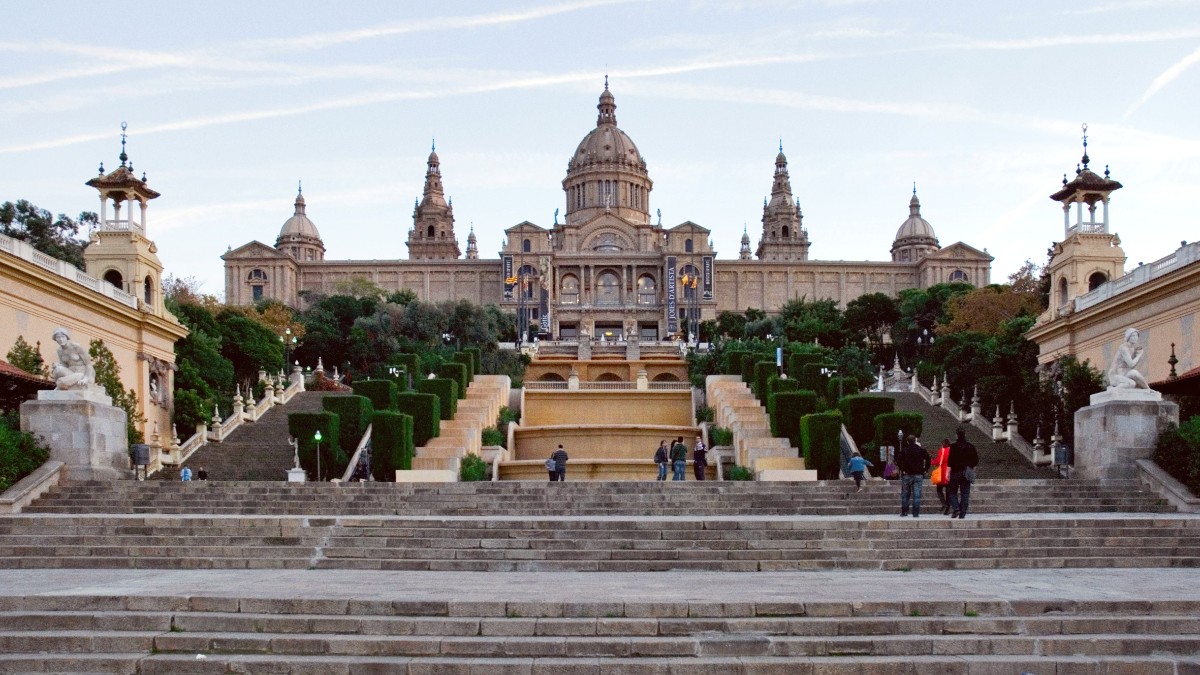
Palau does not have an organized public transportation system like a metro, city buses (beyond hotel shuttles), or trams. Daily movements depend on alternative methods.
Careful planning for daily travel is helpful, especially when exploring beyond your accommodation's immediate area. Route maps, ticketing, and fixed hours of operation are not applicable.
Taxis are mainly available in Koror. Drivers typically do not use meters; fare agreement before starting is necessary. Find taxis at hotels, major shopping centers, or by calling a local service.
Short distances in Koror are typically $5-$10 USD. Airport transfers to Koror cost $20-$30 USD. Payment is almost exclusively cash (USD); small denominations are useful.
Ride-sharing apps like Uber or Lyft are not available. Taxis are generally safe; confirm the fare beforehand. Most taxis are clearly marked.
Book rental cars in advance, especially during peak season. A valid home country driver's license often suffices. Minimum age is typically 21 or 25.
Local companies like Budget Palau, IP & E Palau, and National Car Rental operate in Koror and at the airport.
Less common than car rentals; some local businesses may offer scooters. Road conditions outside Koror may not be ideal for scooters.
Caution on unpaved or rough roads is advisable.
No formal bicycle sharing programs. Some hotels may offer bicycles. Cycling infrastructure is limited.
Main roads are suitable but awareness of traffic is important.
Parking is generally easy to find in Koror.
Parking can be limited in popular restaurant or shopping areas during peak times. Most hotels have dedicated parking.
The main commercial area of Koror is walkable, reaching shops, restaurants, and some attractions. Sidewalks can be inconsistent, requiring cautious walking alongside traffic.
Dedicated bicycle infrastructure, like bike lanes, is limited. Cycling on main roads is possible with caution, as traffic remains light outside Koror.
No specific "no-go" areas exist. However, some roads on Babeldaob are rugged and remote, making them less suitable for casual walking or cycling, especially if unfamiliar with the terrain.
Boats are the main way to access most of Palau's major attractions: Rock Islands, dive sites, and outer islands.
Arrangement through licensed tour operators or dive centers is typical. No public boat taxi services are present.
No cable cars, funiculars, tour buses, or hop-on-hop-off services exist. Tour operators use private minibuses or vans for land excursions.
Water taxis (boats) are the main unique local transport for inter-island access.
Infrastructure for mobility challenges is very limited.
Many attractions (boat tours, Rock Islands) are not easily accessible.
Contact tour operators or accommodations directly to discuss specific accessibility provisions.
Discuss your needs before booking to clarify arrangements.
Group your day's activities by location to minimize travel distances. This makes for a more efficient itinerary.
Many tour operators include pick-up and drop-off services as part of their packages. This simplifies daily logistics for your excursions.
This is especially helpful for dive trips and Rock Islands tours.
For booking accommodations and general travel needs, international platforms are often a good starting point.
For tours, diving, and experiences, booking through specialized platforms or directly with local operators is common.
Palau's infrastructure for travelers with mobility challenges is very limited.
Discuss specific accessibility needs with tour operators or accommodations directly before booking.
Many attractions like Rock Island sites and remote waterfalls are not easily accessible for individuals with mobility impairments.
Local drivers are generally courteous. Caution is advisable, especially when navigating unfamiliar roads, during heavy rain, or at night.
Watch for pedestrians and animals on roads.
Roads in Koror are generally safe for walking. Sidewalks can be inconsistent, so walk carefully alongside traffic when necessary.
Avoid walking alone in unlit or isolated areas at night.
Dial 911 for Police and Emergency Services in Palau.
The main hospital is Belau National Hospital in Koror.
Contact your country's embassy or consulate for citizen services and travel advisories.
Consider comprehensive travel insurance before your trip. This protects against unforeseen circumstances during your travel to and within Palau.